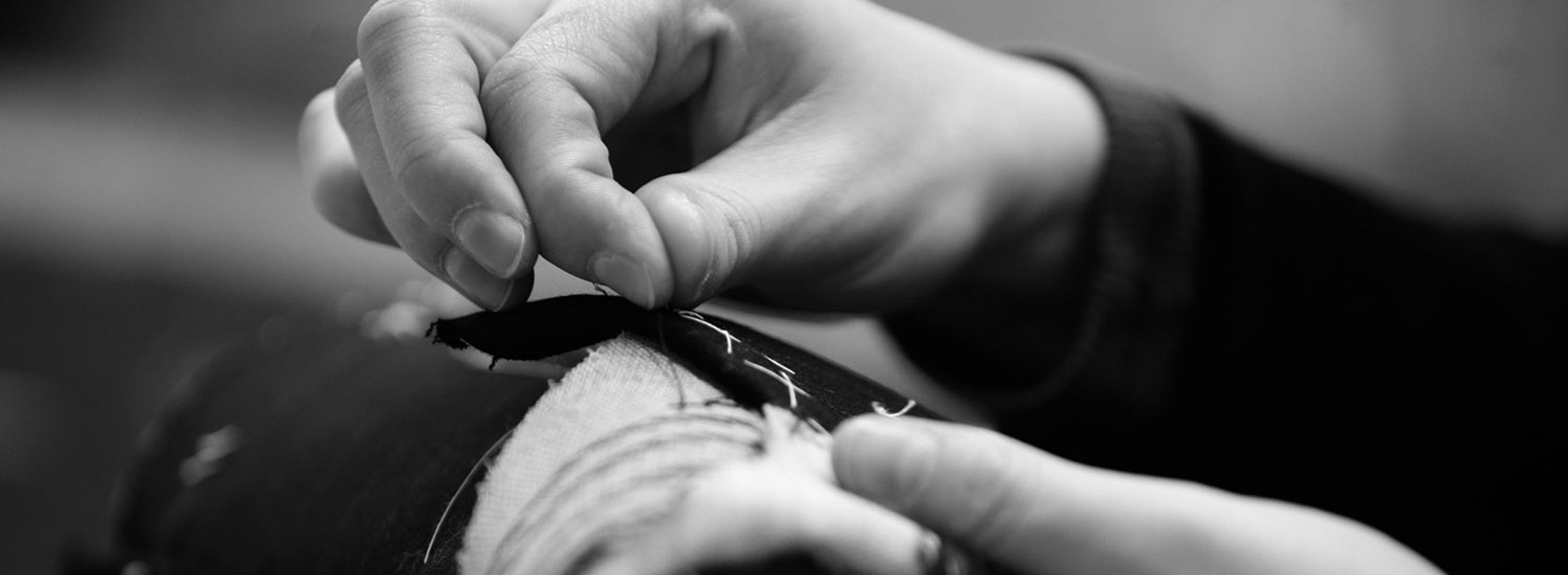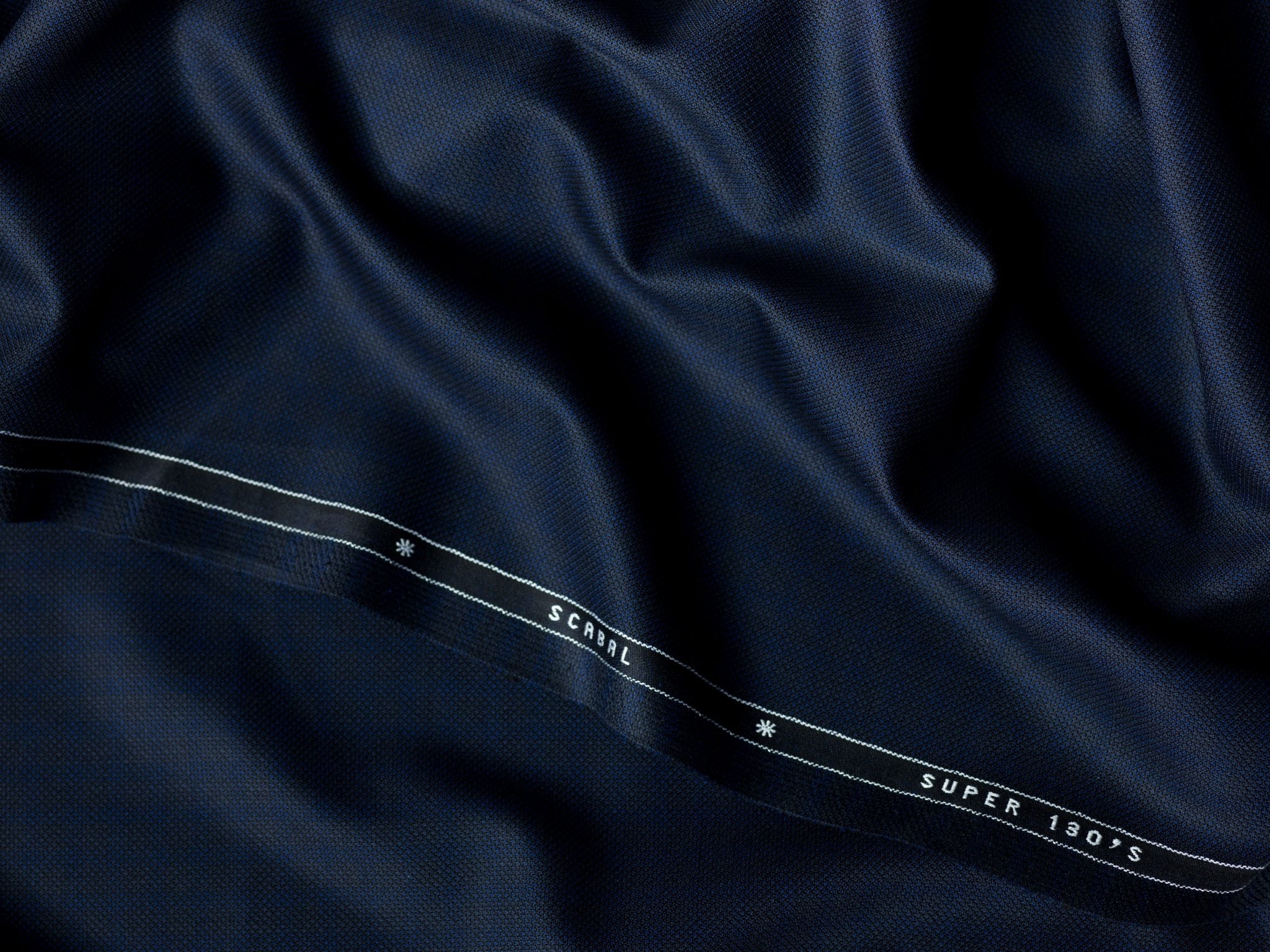the pursuit of perfection
started long before scabal was founded
Our mill in Huddersfield, England, has been making textiles since 1539, initially working a fallen, a craft that involved stretching the woollen fibres by hand until the arrival of looms. In 1799 the first machinery was introduced which eventually revolutionised the weaving process.
At our workshop in Saarbrucken, Germany, our experts have been crafting the finest made to measure tailoring since the early 30’s sharpening their skills and building of years of experience to produce garments worthy of the SCABAL label.
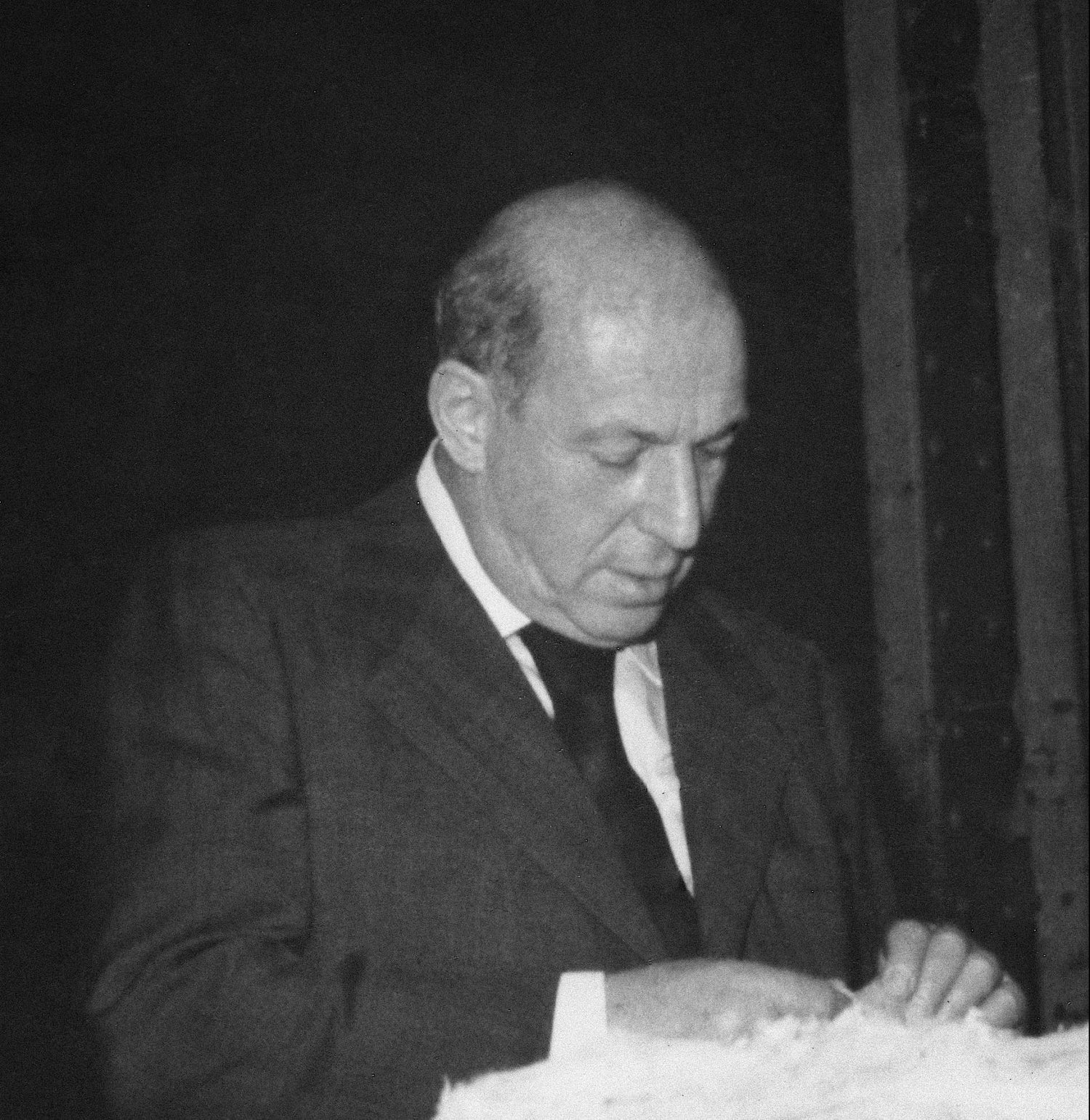
the establishment of scabal
1938
The founder of SCABAL, entrepreneur Otto Hertz, opens his textile merchant business.
Over the years, this second-generation cloth merchant Mr. Hertz, brought international buyers and manufacturers together including the cloth house Wain Shiell, our German made to measure workshop, and famous Yorkshire mill in England.
This new enterprise was eventually named the Société Commerciale Anglo Belgo Allemande et Luxembourgeoise (Commercial Society of England, Belgium, Germany, and Luxembourg), or SCABAL for short.
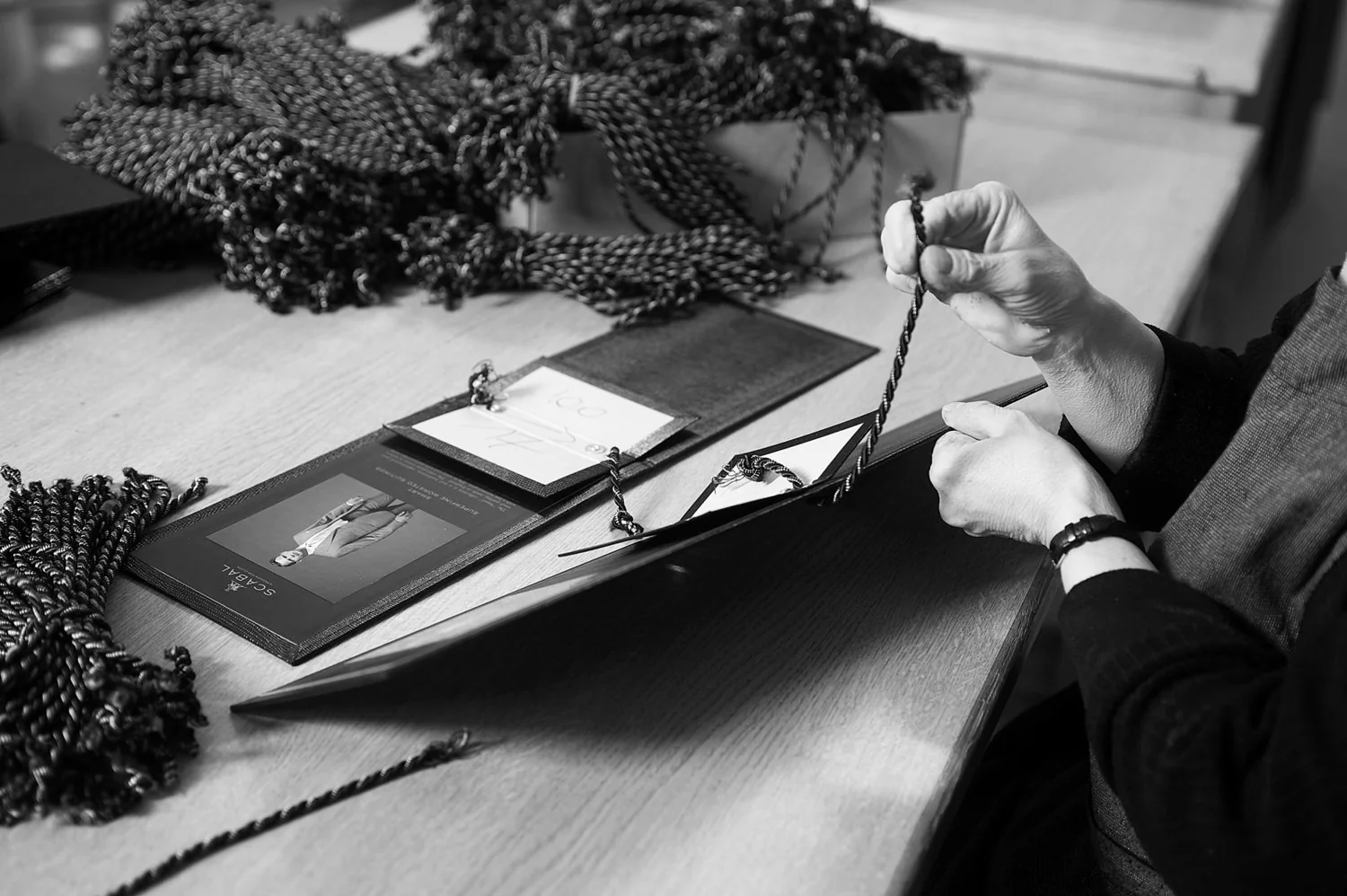
the invention of bunch
1946
With so many international clients, Mr. Hertz realized he needed an easier way to transport his cloths across the globe. The solution was to invent the now ubiquitous fabric bunch, which soon became the industry standard for both tailors and merchants.
The most famous of these early cloths collection was our Superlana collection and all the original bunches can still be views in our archive today.
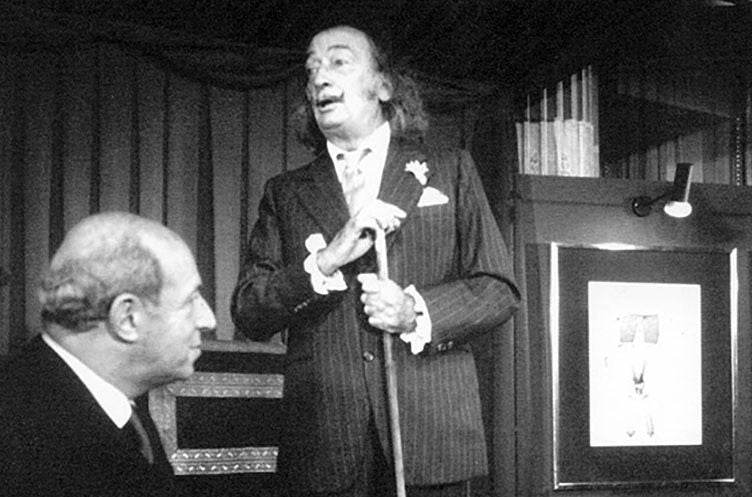
The Dali project
1971
SCABAL commissioned Salvador Dali to create a set of paintings inspired by his vision of menswear in the year 2000. The result was 12 uniquely individual images of future fashion that are some of the artists most interesting creations.
Dalí’s proposition was that all styles would co-exist peacefully so that every person would be able to individualise his or her own look, as he would have done himself. This philosophy is shared with the company, as we are always looking for ways to break new grounds in the field of fabric design with the independent spirit of an artist.
Some of the surrealist artworks can be found on display at our headquarters today.
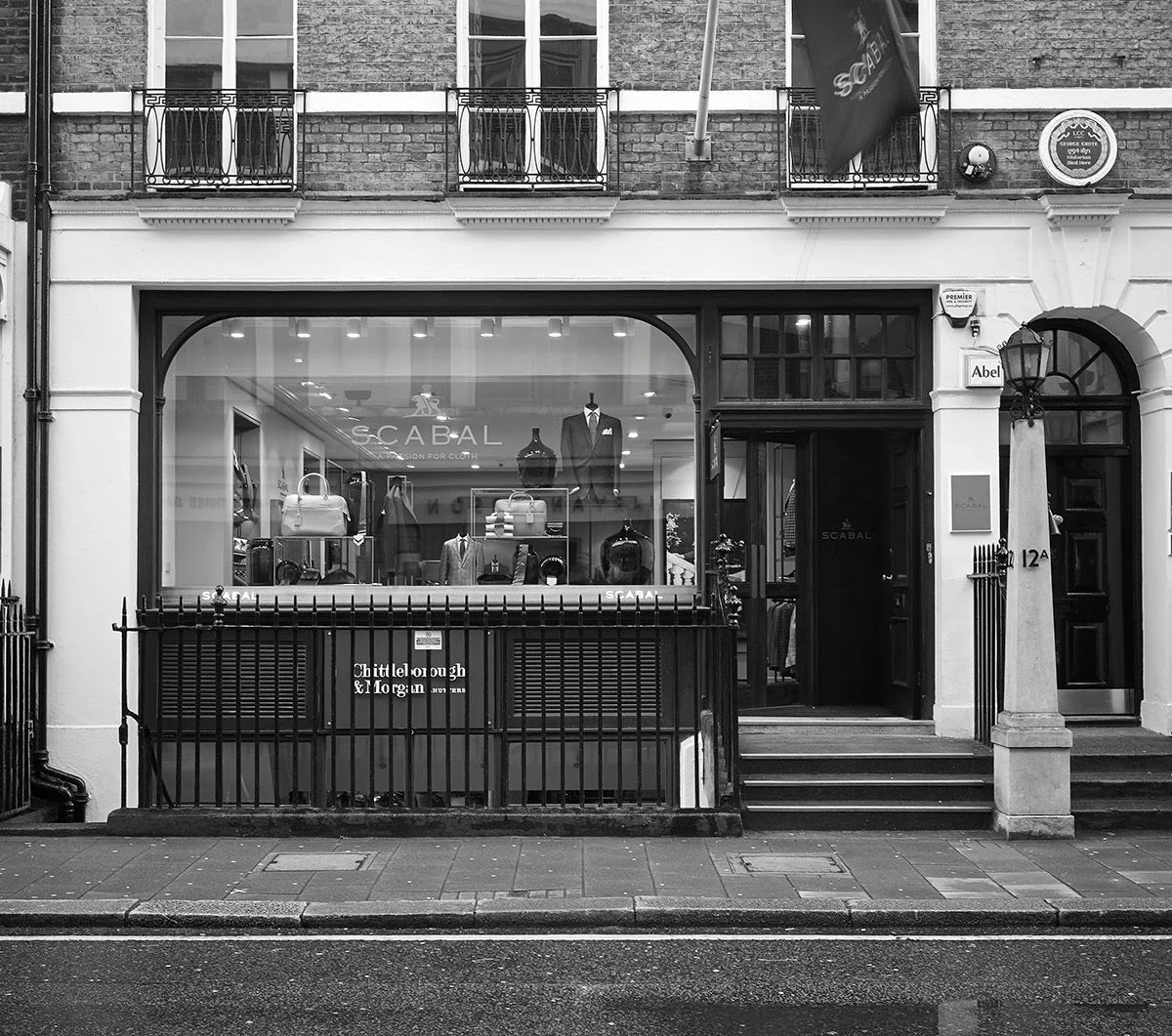
The Legendary Savile Row
1972
The decision was taken to establish itself at the centre of the sartorial universe, on London’s legendary Savile Row. A new store was purposefully built at No.12; the number we can still be found at today. From this central London location, at the core of our heritage, we continue to outfit gentlemen in both traditional and modern style tailored suits.
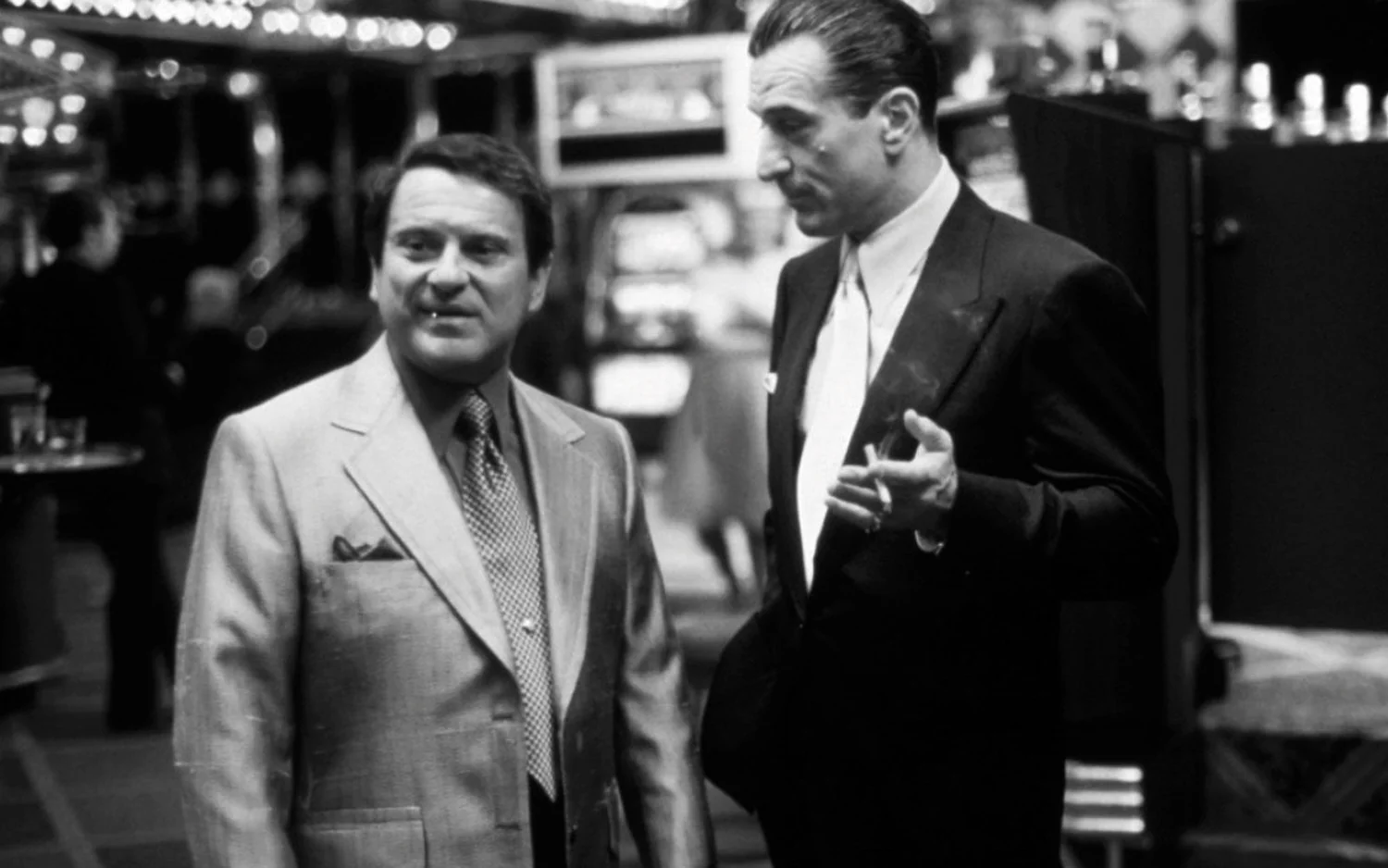
on the silver screen and in theatres
SCABAL began providing cloth to the film industry, and a close relationship formed with America’s Hollywood and Broadway scenes, as well as London’s famed West End.
This connection continues to this day, and Scabal cloth has famously dressed Marlon Brando in the Godfather, Robert De Niro in Casino, Pierce Bosman in Tailor of Panama, and Leonardo DiCaprio in Titanic. The silver screen’s sartorial spy James Bond has also sported SCABAL cloth in many of his adventures.
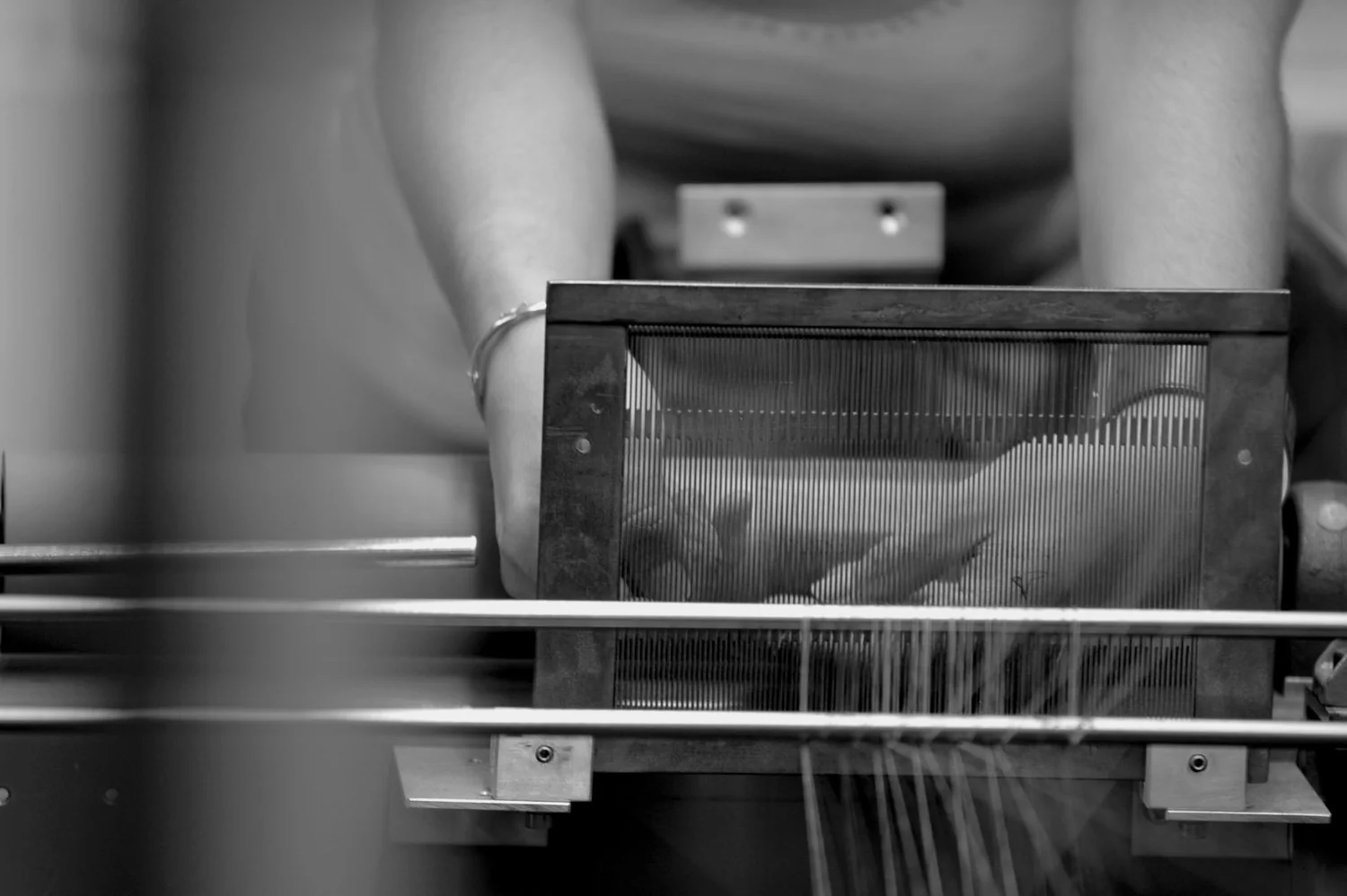
bower roebuck, huddersfield
1973
SCABAL made the acquisition of a leading fabrics mill in Huddersfield, Yorkshire, an area of England that is historically recognised for its production of the finest fabric. It’s clear and soft water has turned the mill’s waterwheels for hundreds of years, producing fabrics of unsurpassed excellence.
It was at this mill that during the following century SCABAL continually experimented and invested in equipment to surpass its success and fabric innovation. More than a mill, it is the guarantee of a genuine heritage.
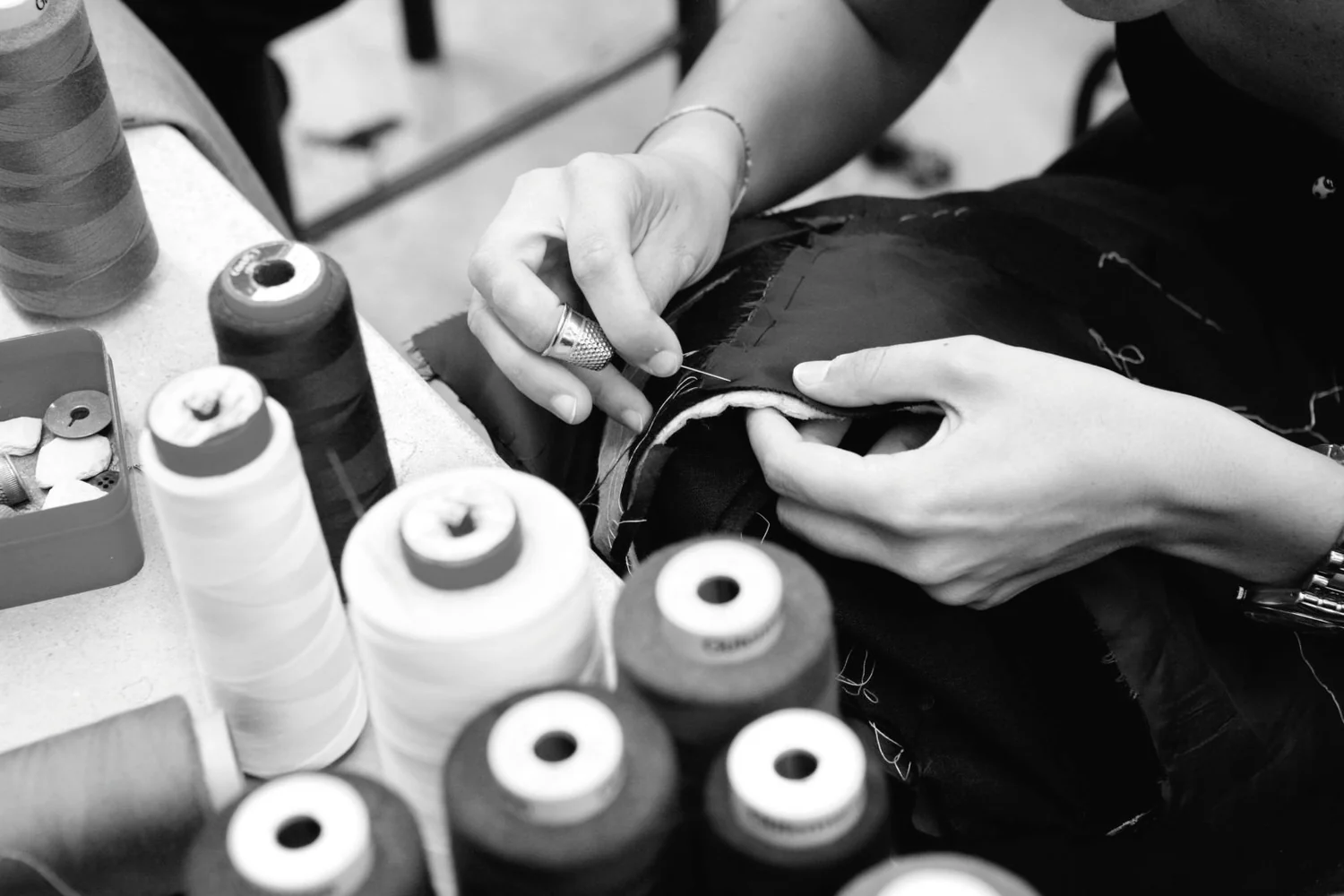
made to measure tailoring
1989
After many years working together, SCABAL acquired Tailor Hoff, a specialist made to measure workshop located in Saarbrücken, Germany. To this day SCABAL tailoring is supplied to the world from this base.
With the help of our experts at Tailor Hoff, we can offer a unique product that can be personalized in over 200 ways to create a truly unique garment for our customers.
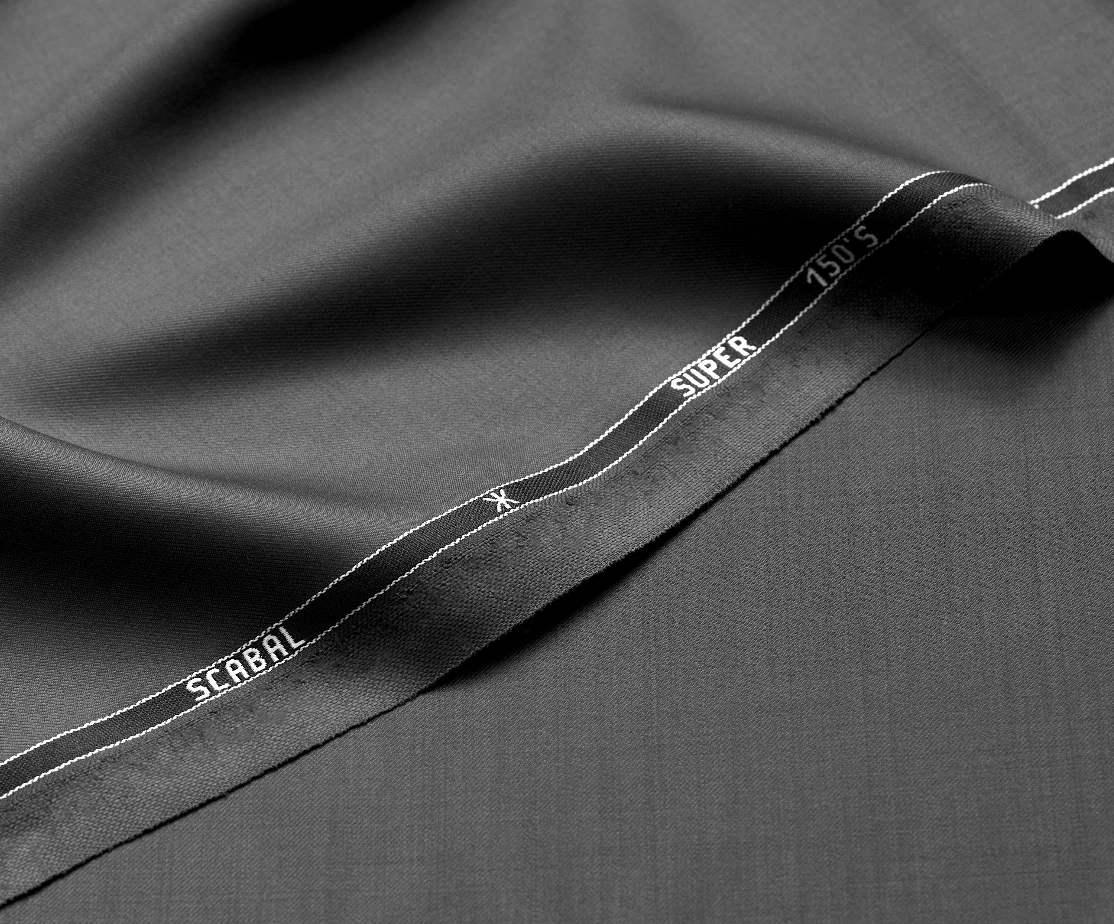
super fine wools
1990
At our Huddersfield mill, SCABAL became the first company to transform a 16.25 μ wool fibre into Golden Carat, an exquisite and ground-breaking Super 150’s cloth.
In the years that followed, SCABAL set the bar even higher debuting the Super 180’s and even Super 200’s quality cloths. The pinnacle of these efforts is Summit, a collection so fine that even today it cannot be accurately measured.
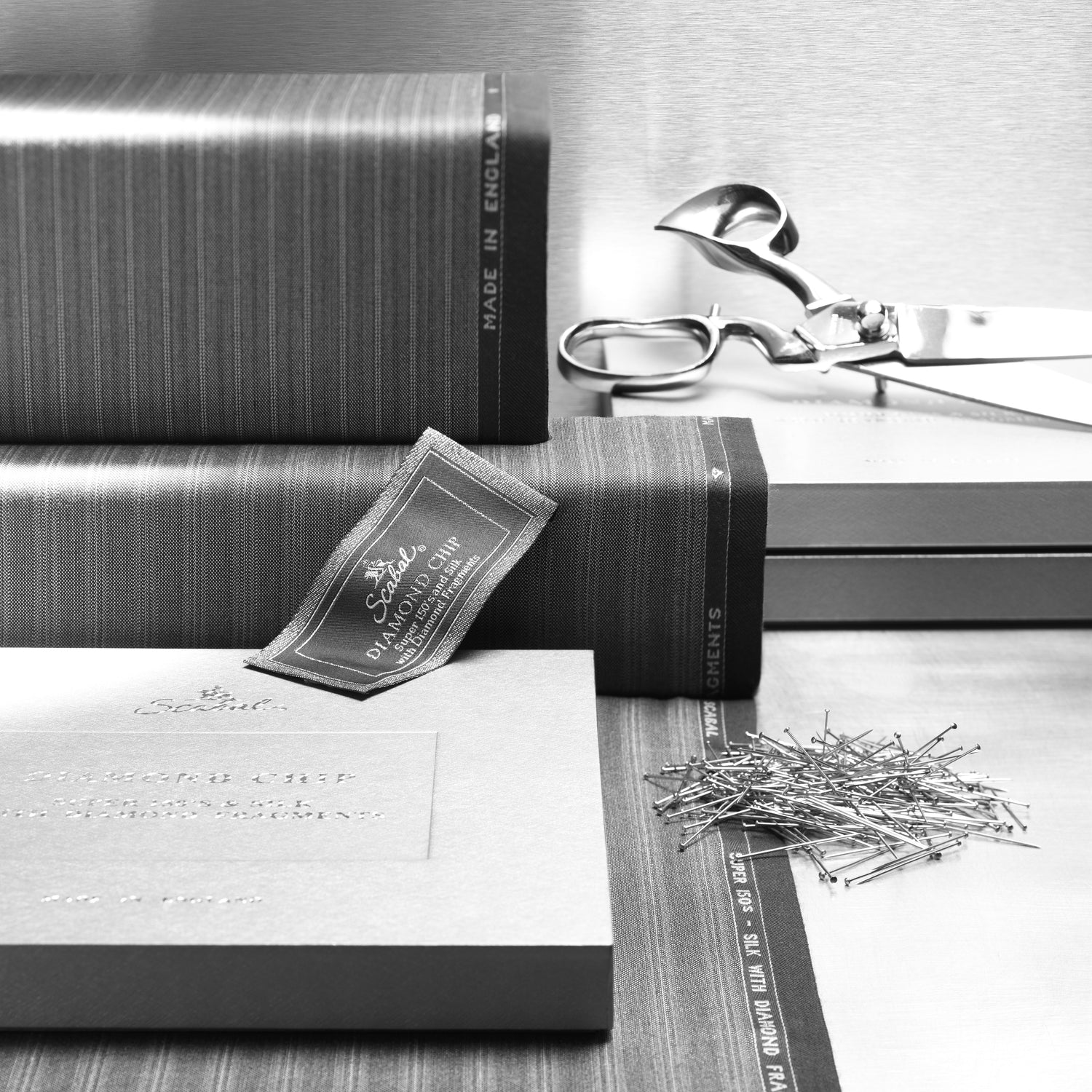
special editions
2000
Using advances in technology and nearly 500 years’ experience from our weaving mill, SCABAL became the first company to blend precious materials into the very cloth itself.
The first of these is the Diamond Chip collection, which incorporates the marvellous mineral into the weave. Gold, Lapis Lazuli, and even Platinum soon followed.
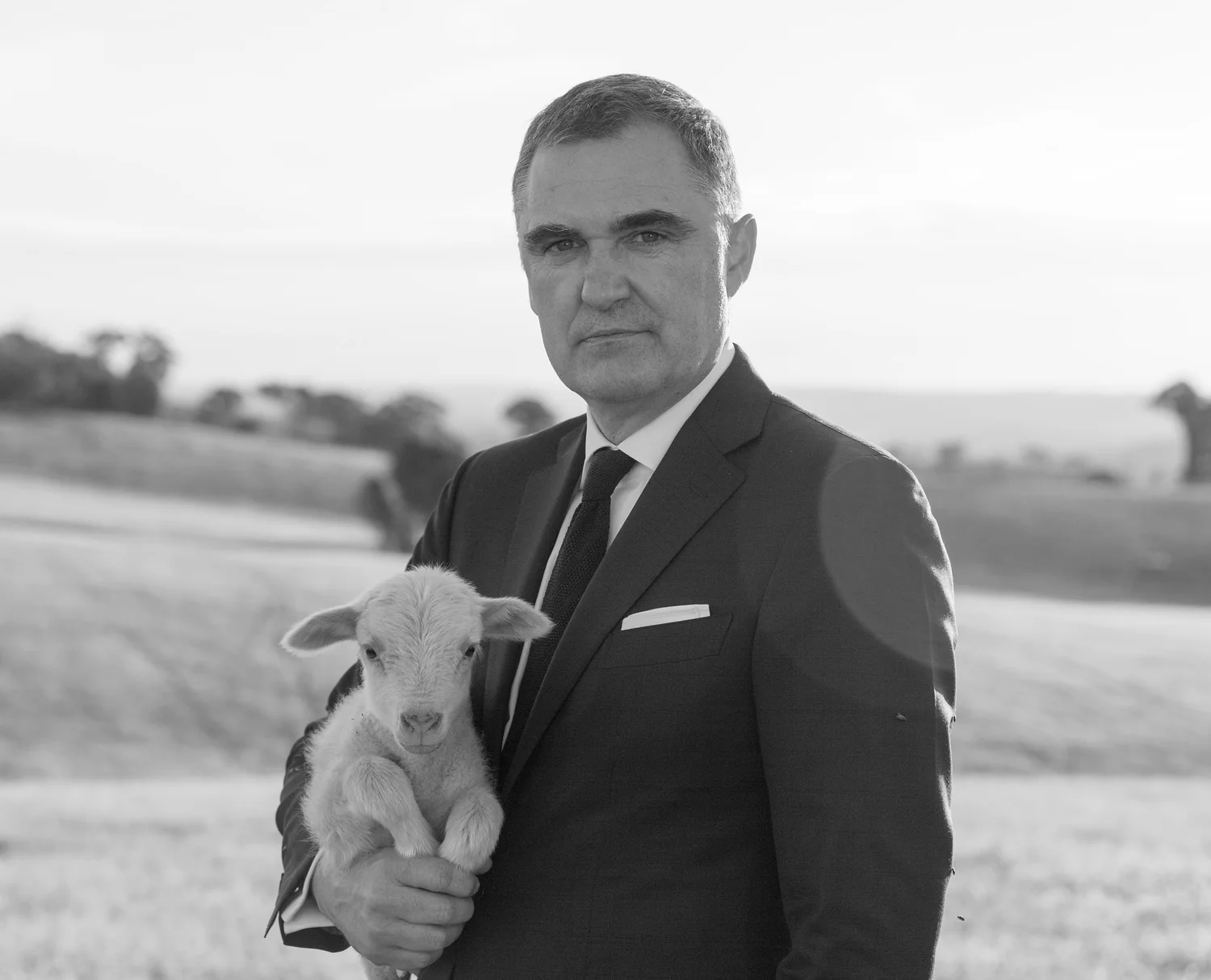
noble wool club
2015
Executive Chairman, Gregor Thissen envisioned the idea for the Scabal Noble Wool Club in order to push the perception of the fine wool beyond a number, by taking a more holistic approach to the sheep’s environment and final fibre.
Technically a Super 200’s wool, the cloth is exclusively woven from Merino wool sourced from family-owned farms that meet strict ecological and animal welfare standards, while the quality of the fibre itself also complies with discerning resilience criteria.
By ensuring the wool is of the noblest possible calibre, SCABAL created a cloth that is durable while retaining the most exquisite handle and aesthetic.
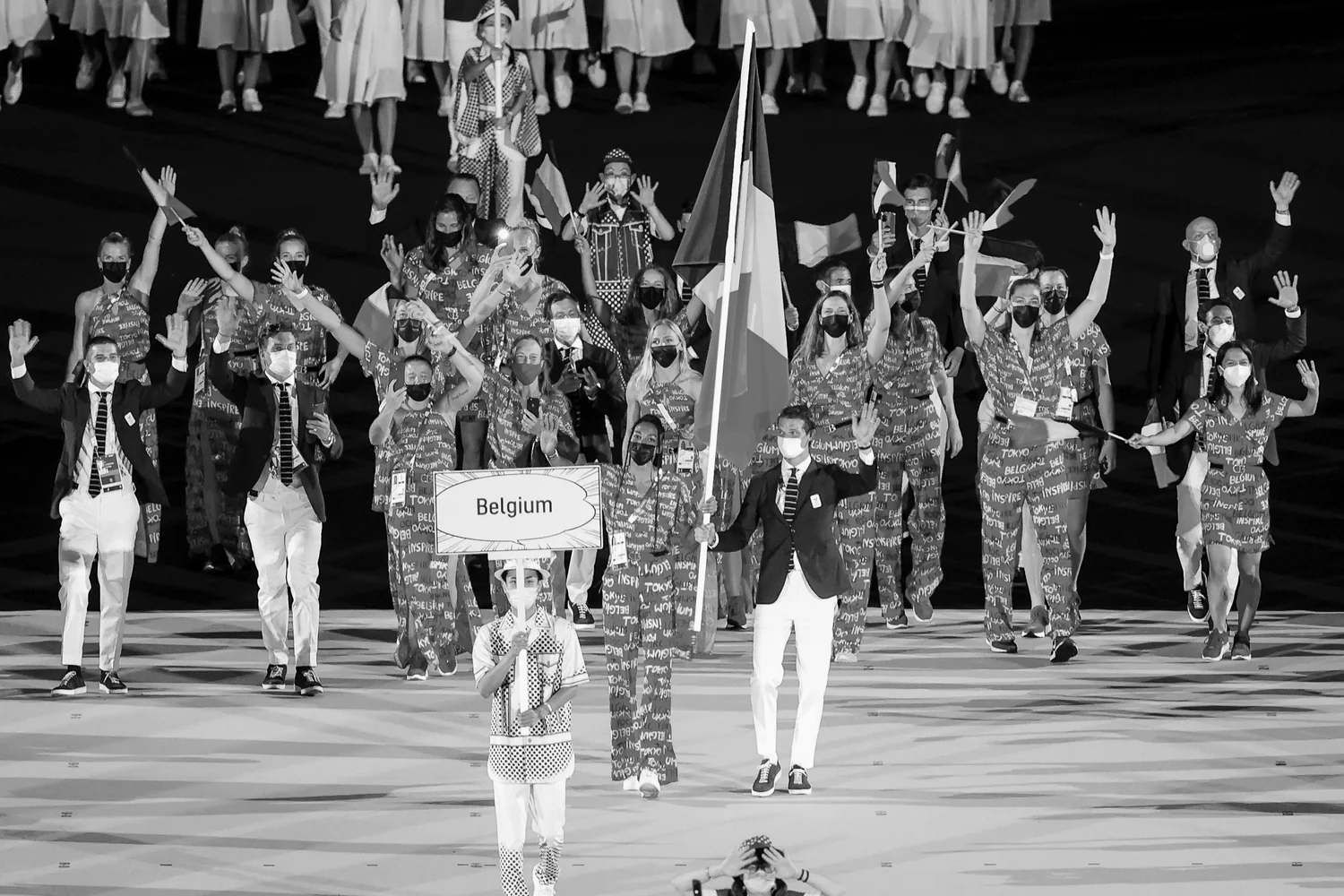
olympic games
2020
Scabal was honoured to dress the Belgium Olympic and Paralympic teams for the Tokyo Olympics. Over 400 made to measure outfits were delivered for athletes, coaches, and support staff all with personalised details commemorating this historic event.
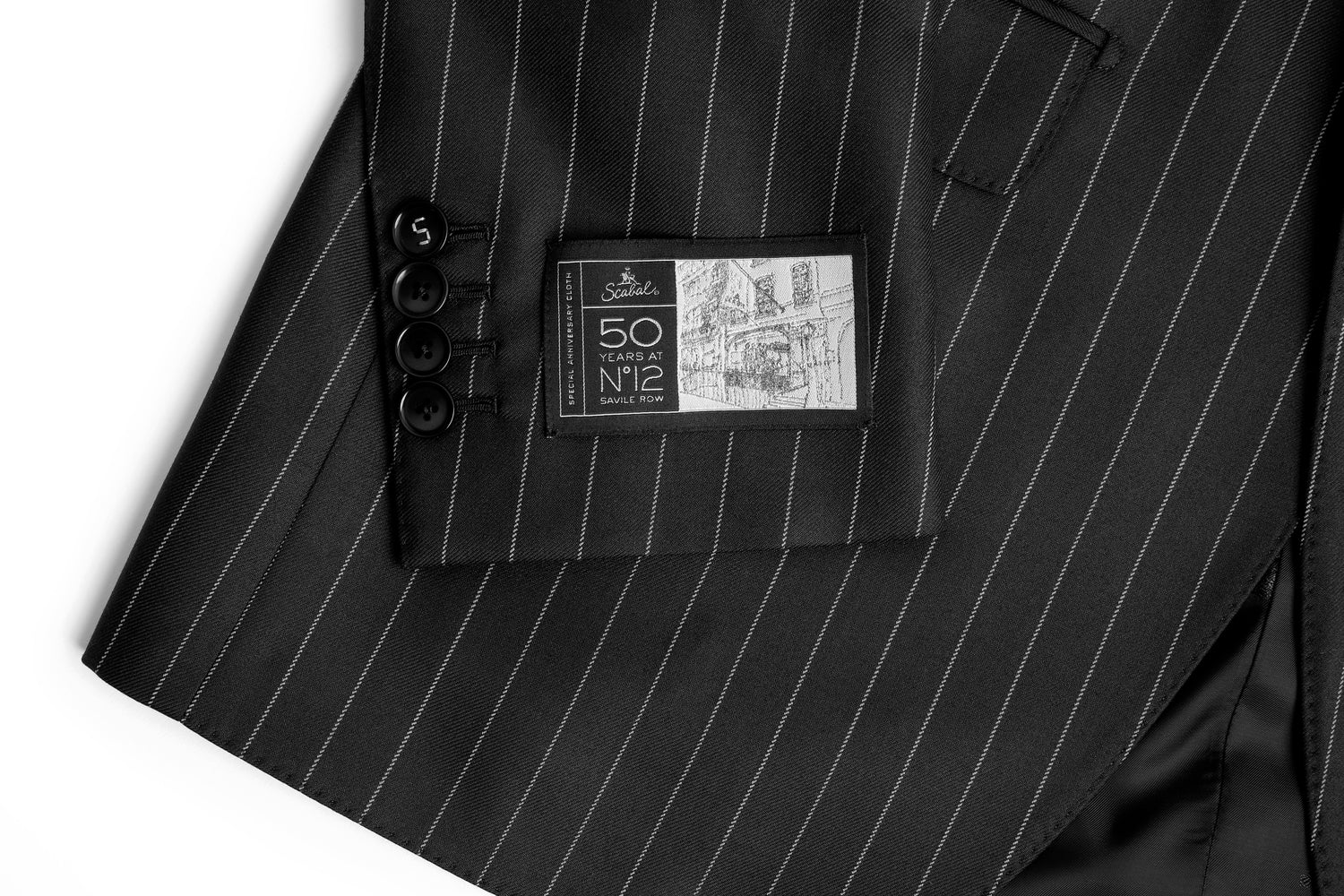
50th Savile Row
2022
2022 marked the 50th Anniversary for Scabal on Savile Row, London. A special edition Savile Row collection with 50 articles celebrating British Tailoring was created in the Scabal Mill to mark the occasion and celebrations took place across the world.
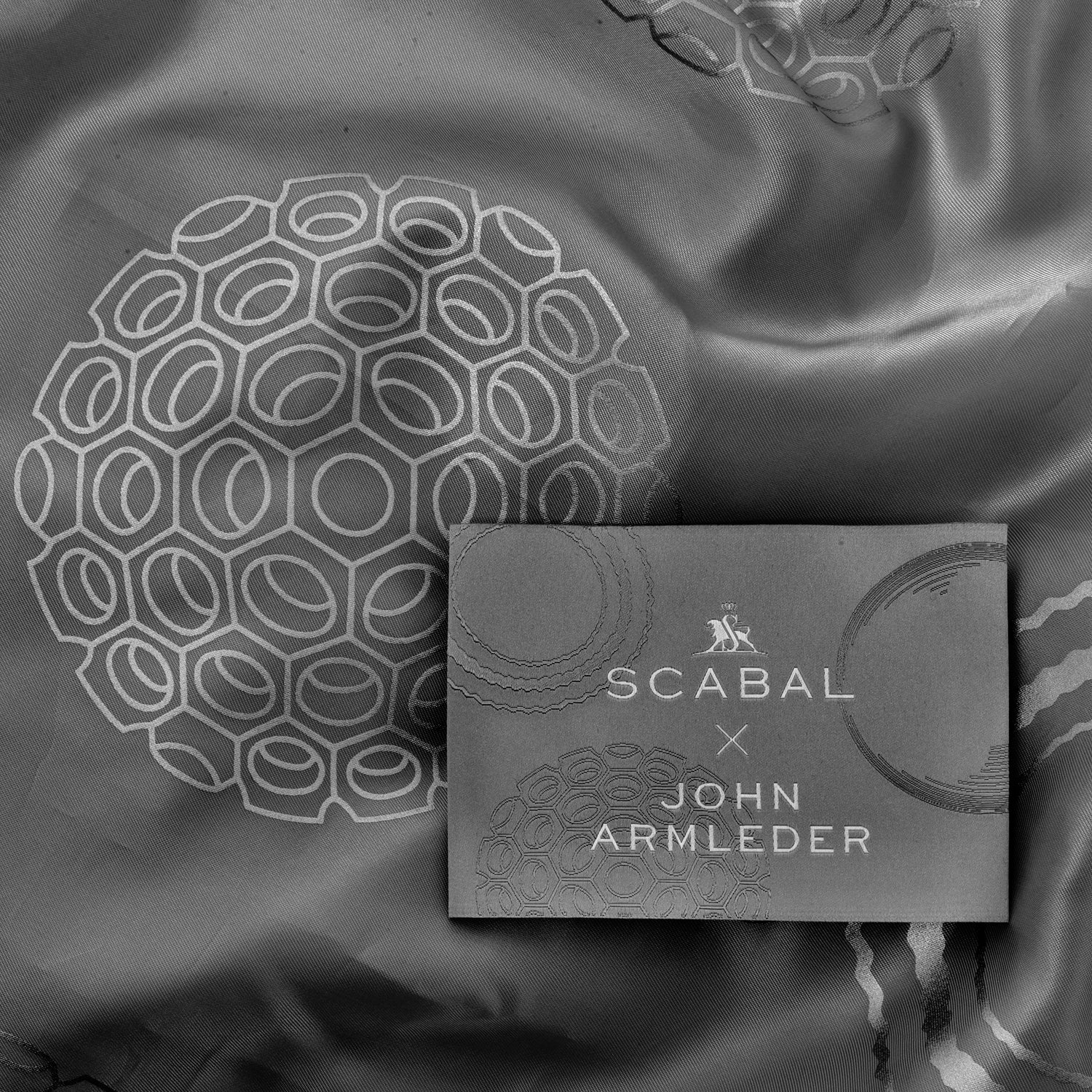
the future of clothing
2023
As Scabal approached its 85th Anniversary, we wanted to revisit the idea that inspired the original Salvador Dali collection of paintings, What would Menswear look like in the year 2000? We partnered with the Swiss think tank W.I.R.E to research and produce a book that would explore the Future of Clothing taking into consideration creative opinions and external forces of change to suggest some potential future scenarios.
In addition, we commissioned the renowned artist John Armleder to create a piece of art that would express his ideas on how fashion will change in the future. The result is an spherical brass globe with an accompanying repeat pattern wallpaper which inspires discussion and individual interpretation.
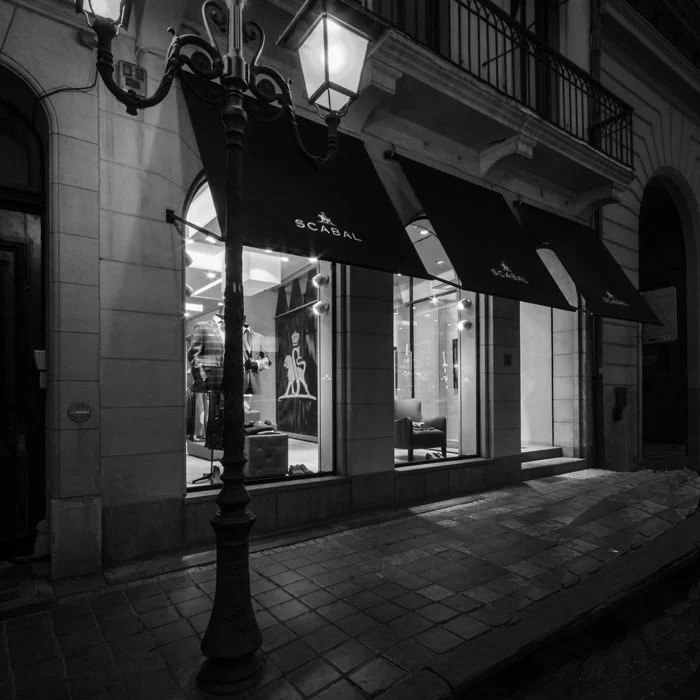
TODAY
SCABAL remain independently family-owned and is unique in offering full Western European production in both cloth and clothing using only the best raw materials sourced directly from suppliers.
The group comprises 12 companies working in more than 65 international markets, in Europe, Asia, North and South America and Middle East. SCABAL’s products are distributed through a network that includes our own stores, partner concessions, shop-in-shops, independent tailors and retailers.
SCABAL stores can be found in Paris, Shanghai, Geneva, Brussels, Shenzhen and our flagship store located on n°12 Savile Row, London.
